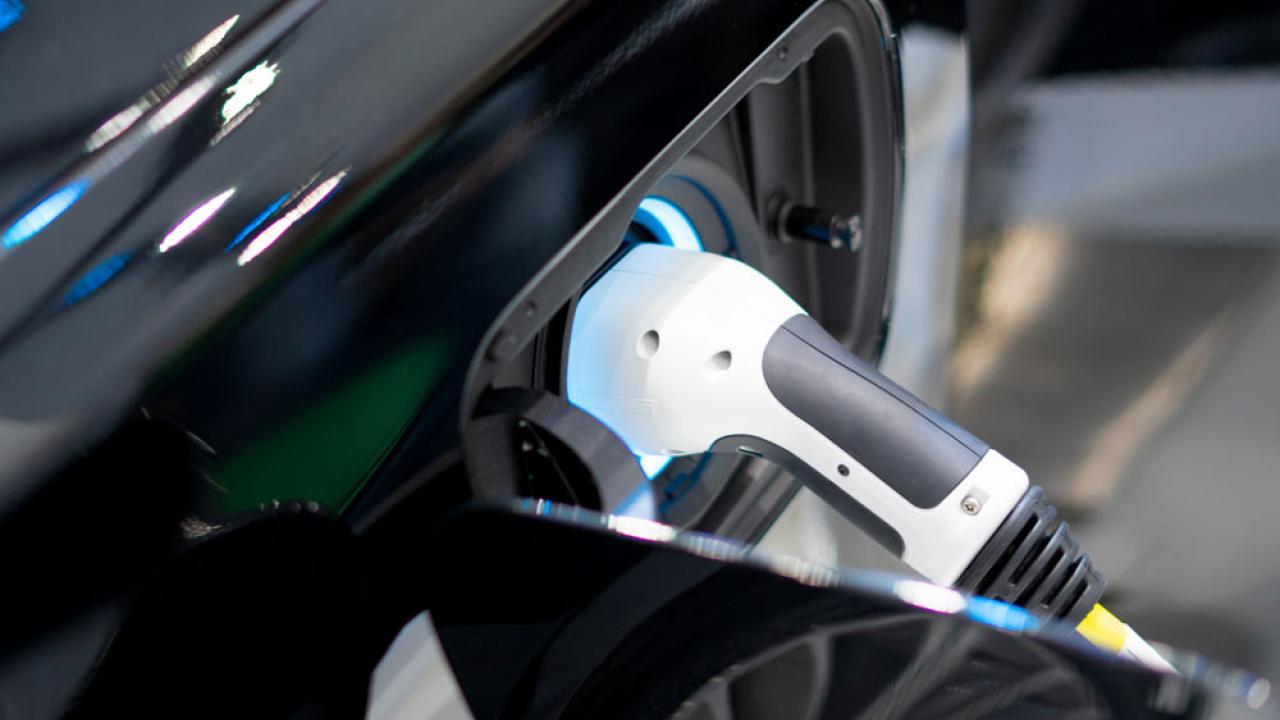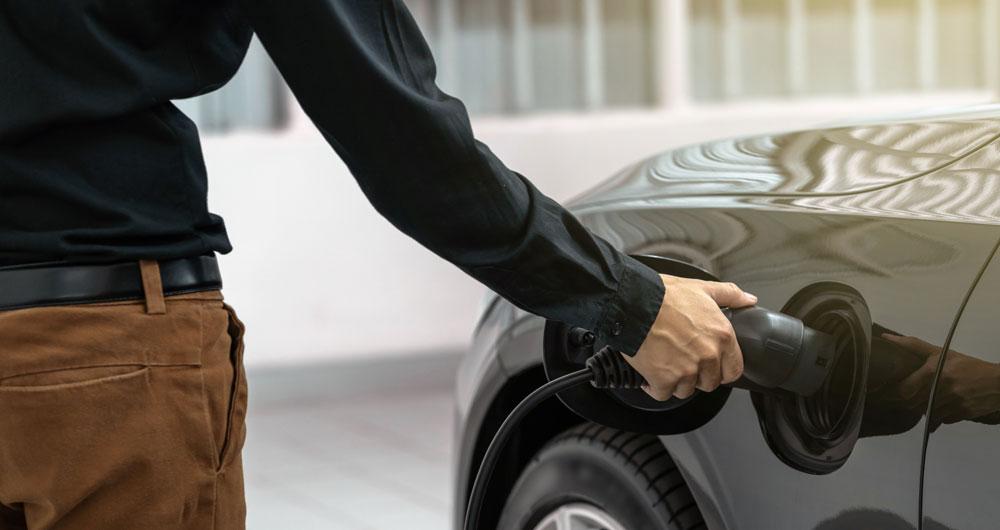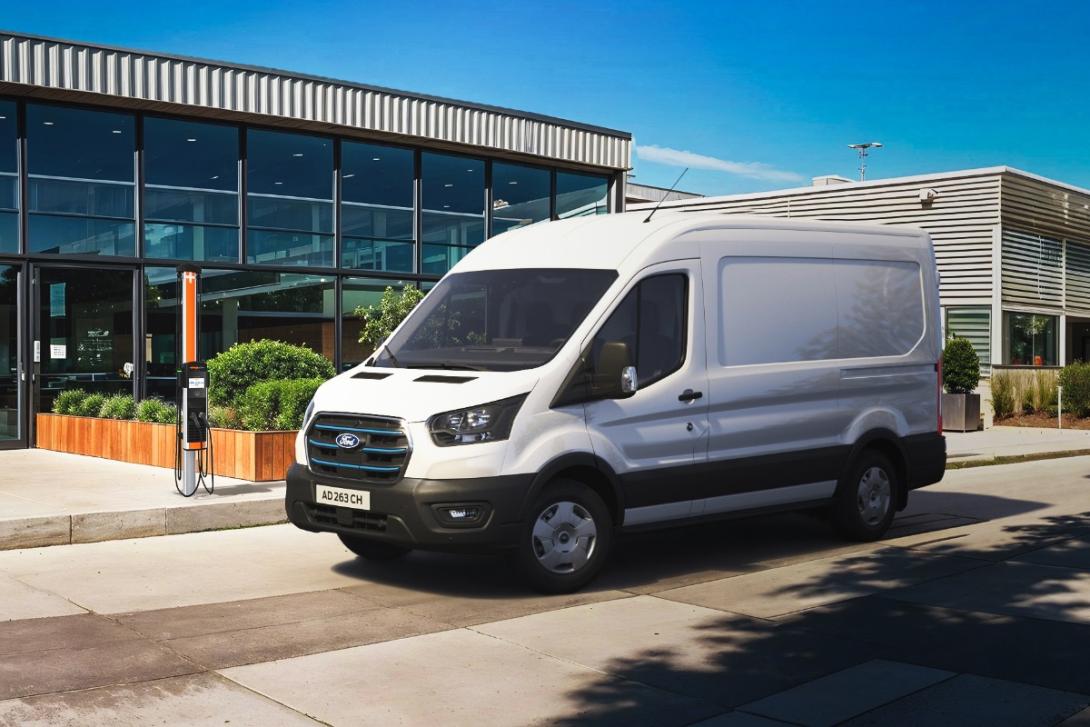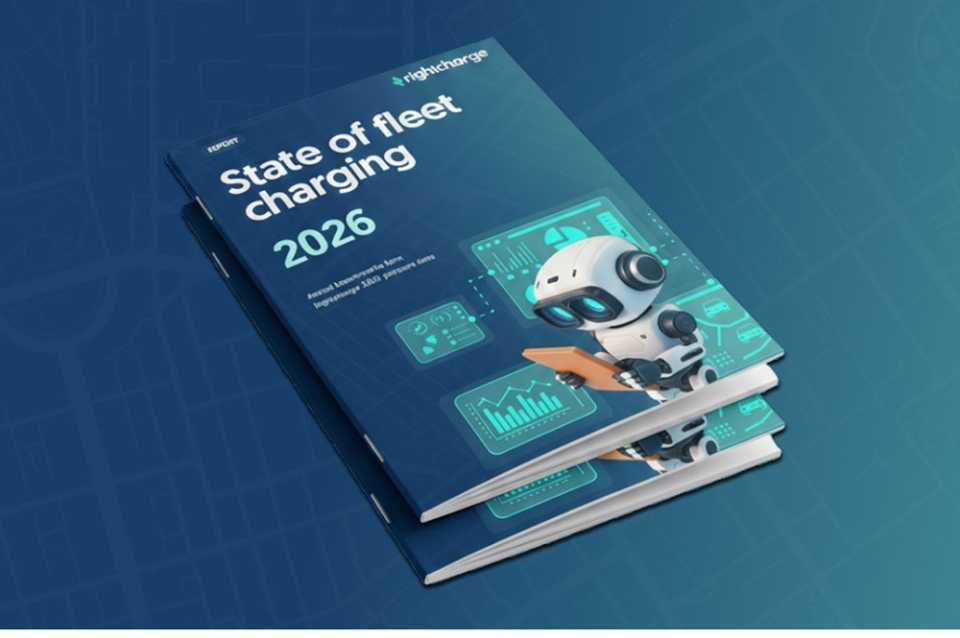A new report indicates that 91% of UK business fleet operators have drivers that would be reliant on residential charging if they switch to a fully electric fleet.
Research by Vauxhall, published in its new ‘Electric Van Adoption Report’, has highlighted the growing need to improve the UK’s public charging infrastructure to support businesses in their transition to electric.
The research shows that over one-fifth (23%) of fleet operators admit that a lack of adequate on-street charging is the main barrier stopping their fleets going electric today.
In the findings, 84% of fleet operators told Vauxhall they have at least one electric van currently on their fleet, and of those who don’t, 90% say they are planning to welcome an electric van onto their fleet within the next year.
The need for improvements in public charging infrastructure was highlighted further by the fact that 81% of businesses said it would be problematic to install EV charging provisions at their operating bases.
While businesses told Vauxhall they don’t think it would be practical to adopt an all-electric fleet any earlier than late 2028, 90% of fleet operators say they plan for their business to be fully electric before 2035, the date currently set for the UK Government's planned ban on the sale of new petrol and diesel vehicles.
Eurig Druce, Group Managing Director, Stellantis UK, said: “The findings of the Vauxhall Electric Van Adoption Report highlight the growing reliance of UK businesses on residential EV charging infrastructure to make the electric transition.
“As one of the UK’s oldest established vehicle manufacturers, we aim to support British businesses to experience all the benefits that EVs offer through our wide electric van range. Charging at home or work is incredibly convenient, and the charging network on Britain’s major roads is improving at a very rapid pace, however, to ensure fleet operators are comfortable moving to electric, councils need to work with charge point operators to install charge points on residential roads that need it most.
“Through our ongoing Electric Streets of Britain campaign, we continue to invite residents, businesses and fleet operators to register their on-street charging needs. This information is then passed to local authorities for them to make more informed decisions on where to install new chargers.
“Last year, research we conducted with CENEX demonstrated that only 19% of all households who need it are close to a public charge point. It is only when this figure increases that businesses and fleet operators will feel confident in their transition towards electrification.”
Businesses operating within the manufacturing and utilities industry expressed the most concern over the electric transition, with 90% of fleet operators in this sector saying a move to a fully electric van fleet would be a challenge.
While the survey highlighted shortfalls in the UK’s infrastructure network, 83% of fleet operators currently using electric vans say they bring benefits to their business, and 91% of all fleet operators say switching to an all-electric fleet would positively impact customer perception of their business.
Vauxhall launched Electric Streets of Britain to support UK businesses and drivers wanting to make the switch to electric, working with councils and leading charge point operators, char.gy, Connected Kerb and SureCharge to accelerate the UK’s on-street charging infrastructure. Last year, Vauxhall partnered with leading sustainable transport organisation, CENEX, to highlight the importance of a targeted strategy towards charge point installation, to ensure charging devices are introduced to streets across the country which need them most.
Vauxhall invites drivers to register their need for on-street charging near them; so far, over 12,000 streets have been logged as needing on-street charging across the country through electricstreets.co.uk.
Report suggest growing reliance on residential charging for fleets







